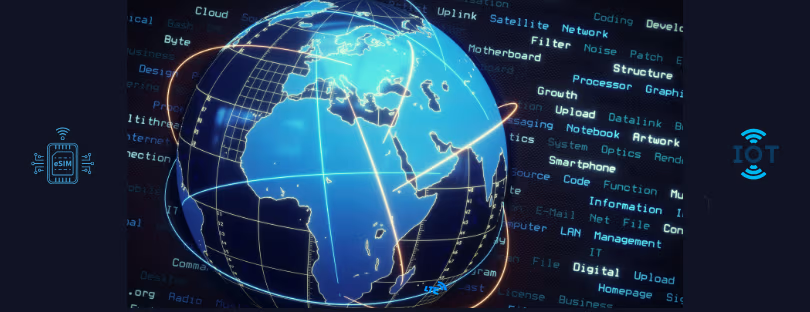The Critical Role of Certification in eSIM and IoT Connectivity

Why Certification Is Essential for eSIM and IoT Connectivity
When discussing eSIM and IoT connectivity, words like convenience, innovation, and future often dominate the conversation. However, one critical element underpins the functionality of these technologies: certification. While not a topic that grabs headlines, certification is the unsung hero that ensures seamless global connectivity for devices like smartwatches, connected cars, and industrial IoT sensors. Without it, these modern technologies would struggle to function effectively, creating frustrations for users and complications for businesses rolling out large-scale deployments.
The Importance of Certification for eSIM Devices
eSIM technology is heralded for its flexibility, allowing users to switch carriers digitally without the need for physical SIM cards. However, this flexibility hinges entirely on certification. Organizations like the GSMA have stepped in to create robust standards, such as the SGP.02 and SGP.22 specifications, which enable eSIMs to operate across different networks and countries seamlessly. For example, Apple’s decision to make the iPhone 14 eSIM-only in the United States wasn’t taken lightly. It necessitated rigorous certification processes to ensure global carrier support for profile downloads, minimizing the risk of connectivity issues. Certification acts as a safety net, preventing chaos in both consumer and enterprise use cases while boosting confidence in the technology.
How Certification Impacts IoT Scalability
Certification is even more vital in the IoT landscape, where devices vary significantly in design and purpose—from smart agricultural sensors to connected medical devices. Unlike consumer electronics, which have relatively uniform use cases, IoT devices often need to operate under extreme conditions for extended periods. Certification ensures these devices meet stringent requirements for connectivity, safety, and reliability. For instance, automakers embedding eSIMs into their vehicles must ensure the technology complies with telecom standards, road safety regulations, and cybersecurity protocols. Certification guarantees seamless connectivity, such as when a car crosses international borders and must connect to a local network.
The Benefits and Challenges of Certification for Businesses
For businesses, certification is more than just a regulatory hurdle—it is a strategic advantage. Devices with GSMA, CE, or FCC certification enjoy streamlined market entry, reduced operational risks, and bolstered credibility with partners and customers. Consider a logistics company deploying IoT trackers on a global scale; certification ensures these trackers maintain secure and reliable connections wherever they go. However, achieving certification often requires significant investment in testing, coordination with regulators, and compliance with international standards. While startups may feel tempted to bypass or expedite the process, such shortcuts can lead to costly failures, such as device incompatibility or regulatory penalties.
The Growing Importance of Certification in a Connected World
As eSIM technology becomes mainstream and IoT device deployment accelerates, the role of certification will only grow in importance. Governments and industry bodies are likely to push for more standardized certification processes to reduce fragmentation and enhance global interoperability. Certification isn’t just about ticking boxes—it’s about making technology functional and scalable at an unprecedented level. In the race toward a fully connected world, certification serves as the backbone of innovation, ensuring that the promises of seamless roaming, enhanced security, and universal compatibility become a reality.




